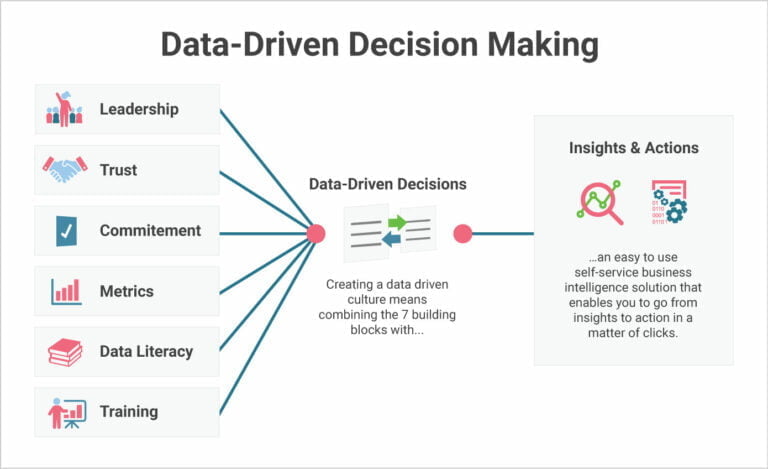Understanding Term Life Insurance: Is It Right for You?
Understanding Term Life Insurance: Is It Right for You?
When it comes to life insurance, there are many options to consider. One of the most popular and widely used types of life insurance is term life insurance. But what exactly is term life insurance, and is it right for you? In this article, we’ll break down the basics of term life insurance and help you decide if it’s the right choice for your financial situation.
What is Term Life Insurance?
Term life insurance is a type of life insurance that provides coverage for a specific period of time, known as the "term." This period can range from 10 to 30 years, depending on the policy. If the policyholder dies during the term, their beneficiaries will receive a death benefit, which is a lump sum payment.
Term life insurance is often less expensive than other types of life insurance, such as whole life insurance, because it does not build cash value over time. Instead, the policyholder pays premiums for a set period, and if they die during that time, their beneficiaries will receive the death benefit.
How Does Term Life Insurance Work?
Here’s how term life insurance typically works:
- You purchase a term life insurance policy for a specific term, such as 20 years.
- You pay premiums, which are usually monthly or annually, for the duration of the term.
- If you die during the term, your beneficiaries will receive the death benefit.
- If you outlive the term, the policy expires, and you will not receive any benefits.
Who Should Consider Term Life Insurance?
Term life insurance can be a good choice for individuals who:
- Have young children or dependents who would be financially affected by their death.
- Have a large amount of debt, such as a mortgage or car loan, that would need to be paid off if they died.
- Need temporary coverage, such as until their children are grown and self-sufficient.
- Are on a tight budget and cannot afford the premiums for whole life insurance.
Pros and Cons of Term Life Insurance
Here are some pros and cons of term life insurance to consider:
Pros:
- Generally less expensive than whole life insurance
- Provides coverage for a specific period of time, which can be adjusted as needed
- Can be used to cover specific financial obligations, such as a mortgage or car loan
Cons:
- Does not build cash value over time
- The policy expires at the end of the term, and you will not receive any benefits if you outlive the term
- May not provide coverage for pre-existing conditions or other health issues
Alternatives to Term Life Insurance
If term life insurance is not right for you, there are other options to consider:
- Whole life insurance: Provides lifetime coverage and builds cash value over time.
- Universal life insurance: A flexible premium policy that allows you to adjust your coverage and premiums as needed.
- Variable life insurance: A policy that allows you to invest your cash value and potentially earn higher returns.
Conclusion
Term life insurance can be a valuable tool for individuals who need temporary coverage or are on a tight budget. However, it’s essential to carefully consider your financial situation and goals before purchasing a policy. By understanding the pros and cons of term life insurance, you can make an informed decision about whether it’s right for you.




